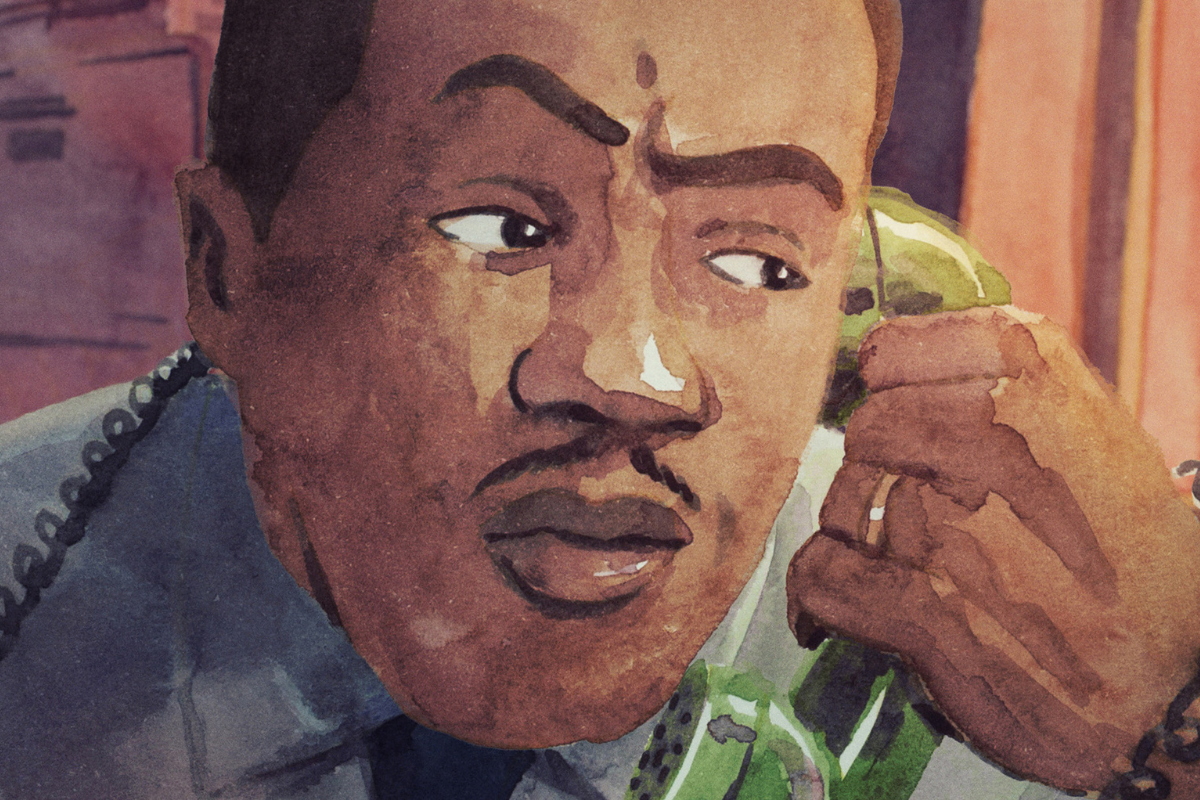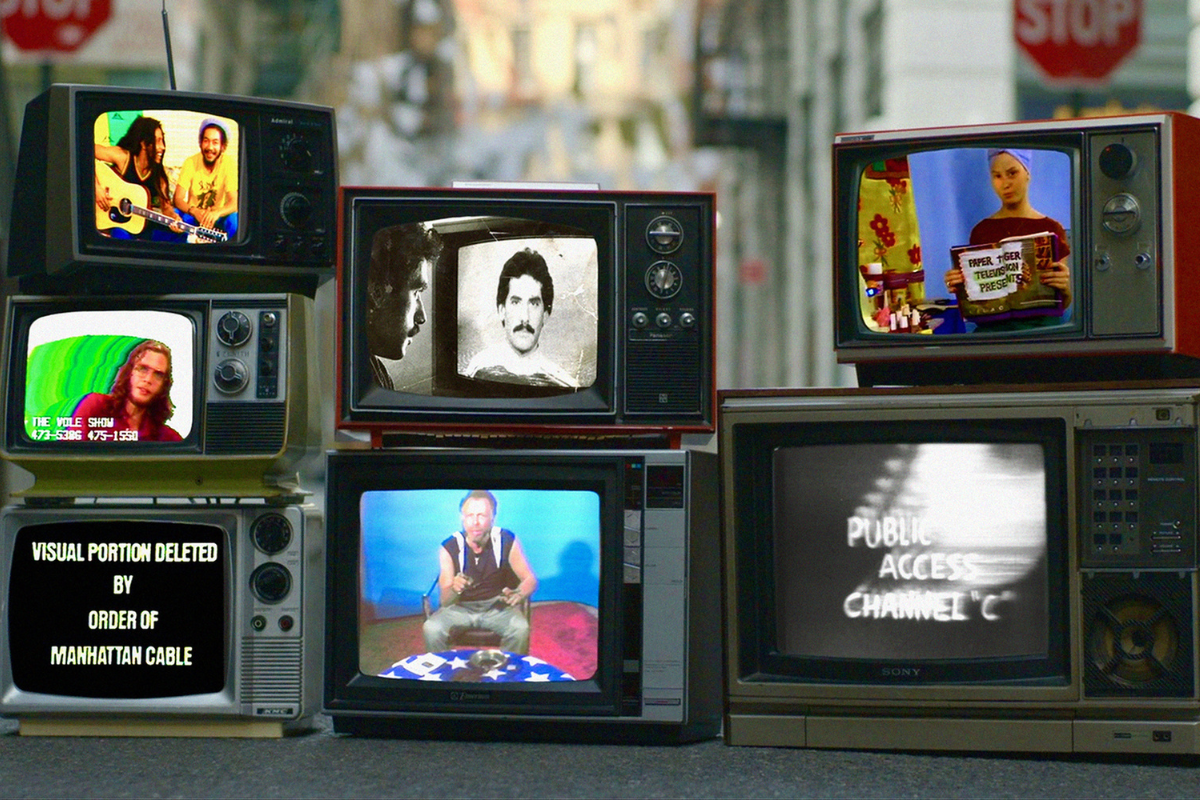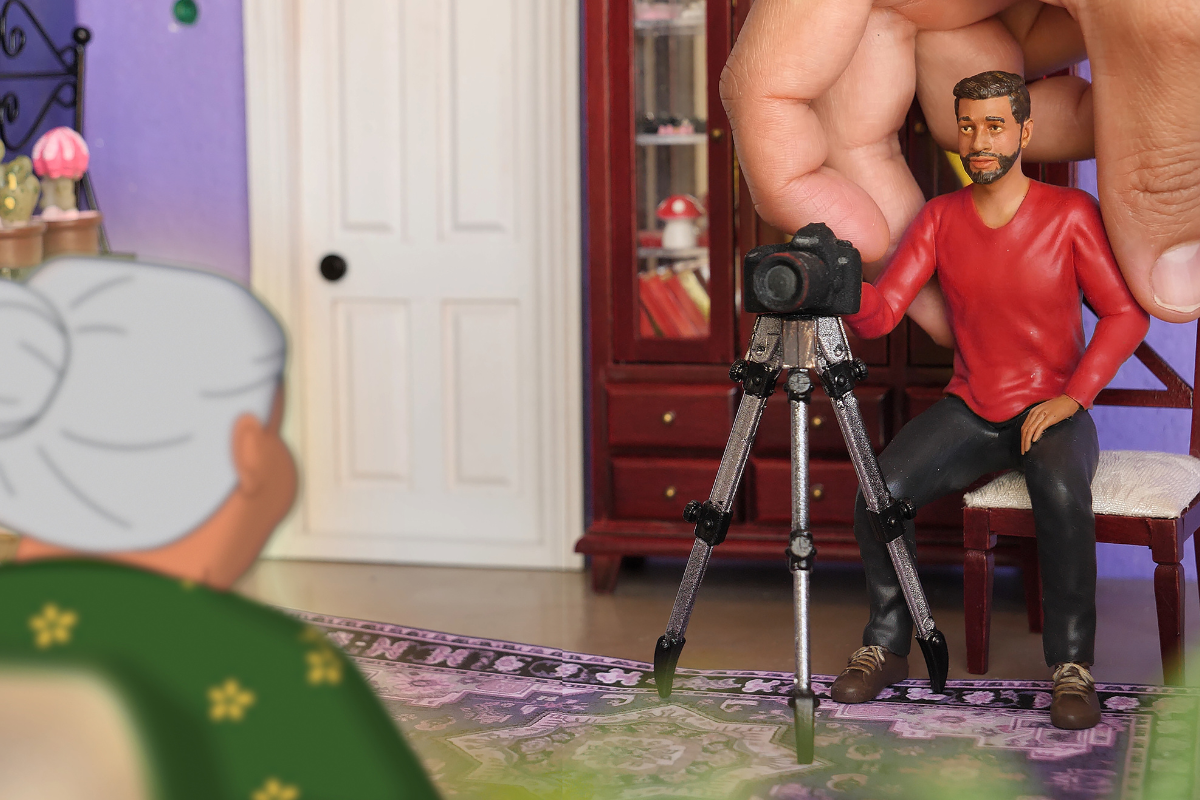Alt Script: Zach Braff & Amanda Palmer – Is Crowdfunding Growing Up?
I pledged $10 to Zach Braff’s kickstarter campaign this week. I pledged money to his film, despite the fact that lots of independent filmmakers and screenwriters have been moaning about…
I pledged $10 to Zach Braff’s kickstarter campaign this week. I pledged money to his film, despite the fact that lots of independent filmmakers and screenwriters have been moaning about him using his celebrity status to crowd-fund his film, Wish I Was Here. Personally, I think their complaints are misguided and there is a lot we could all learn from both Zach Braff’s project and the equally inspiring work of Amanda Palmer. I believe if people could just get over their fears that the “big boys (and girls)” are somehow stealing from them, they might realise that rather than destroying crowd-funding, these pioneers are legitimising and expanding it. Perhaps, instead of seeing them as a threat, we should look at why their projects are so successful and be inspired by their commitment to their audiences.
My personal reasons for backing Zach’s project are many and various, but fundamentally, I put money in because as a writer/filmmaker I completely identified with and understood his pitch. His basic argument, that only way to make the film he wants to is to take it out of the hands of traditional investors, struck me as deeply enlightened and true. Fear of losing their money (a very reasonable fear in independent film), causes investors to demand strange changes to original concepts, in order to make the film more "commercial." Creative choices driven by investor fears are rarely in the movie’s best interest. So, simply by cutting out the need for a Return on Investment (ROI), Zach can afford to make the movie he and his brother have committed to paper. What his backers are really paying for isn’t the movie, it is for the opportunity to see Zach’s vision translated from script to screen in its purest form. Zach Braff has used crowd-funding to achieve exactly the kind of artistic freedom I have been arguing for in every single article I have ever written for Scriptmag. So, I applaud what he’s doing and the reasons he’s doing it. The fact that he’s an established artist doesn’t make his film any less independent or any less alt-cinema. And, ultimately, I just don’t believe the investment he has raised has taken money out of anyone else’s film. The $10 I put in wouldn’t have gone into another film. I would have spent it on tea.
Zach Braff’s idea, that you can use crowd-funding to free the artist from the fears of backers and corporations, has also been put forward recently by another innovative artist, the totally astounding, minxy and talented Amanda Palmer. In her mind-blowing TED talk, The Art of Asking,she passionately explains precisely what happens when you connect honestly with your audience and ask for their help. In my opinion, Amanda Palmer’s business model of creating direct, real relationships with an audience, crowd-funding and giving away the product, is precisely the direction alt-cinema should be looking at. Her approach is visionary, inspiring and most important of all, it gets to the heart of what I believe crowd-funding is really about. And, in all honesty, I don’t believe crowd-funding is ever really about the money. For me the most important thing crowd-funding provides for an artist is a direct connection to their real audience. And by real audience, I mean the people who trust and believe in what you do enough to finance it, purely for the love of it. An artist’s real audience supports them not in hope of financial reward, but simply because they love that artist and want to experience the things they create.
What I hope happens next, is that other established filmmakers and artists do the same thing. I want to see what happens when people like Michel Gondry, Leos Carax, David Lynch, Steve Buscemi or Tom Noonan bring projects to their fans and asked us to support their visions. I genuinely hope that happens. I hope this simply because if it does, and if those films are successful, this is good for all of us. As I’ve said many times in the past, the only thing the industry listens to is profit. If enough projects with artist integrity get produced, and if these films then go on to do good box office, then traditional investment will want in on it as well. I do not see how fans supporting the artist integrity of their favourite artists could ever be seen as a negative. This, in fact, is precisely what the industry has needed for a long time.
I also happen to think Amanda Palmer and Zach Braff can teach us all some lessons about offering our natural audiences the things they want. They main reason I supported Zach’s film is because I want to see his movie when it’s made. The main reason I download music from and donate money to Amanda Palmer is because I like her music. It actually isn’t any more complicated than that.
I know there will still be some cynics out there who still won’t be able to understand why I would put my $10 into Zach’s project, rather than that of an unknown indie. Well, I have one reason to support his project even a hardcore cynic could understand -- I am a screenwriter and indie-filmmaker. For my $10 support of Zach’s film I am getting a PDF of his script (prior to screening) and eighteen months of behind-the-scenes access to the making of this film. Zach has promised that he’ll show us how he makes an indie film. As a screenwriter I’m excited to read his script, as a filmmaker I want to see behind the scenes of his production. If you don’t think I’ll be getting more than $10’s worth of education from that, I don’t know what else to say to you. I know it’s money well spent, and I’m really excited to see it all unfold.
Crowd-funded projects are growing up, and it’s no longer good enough to ask for funding simply because you believe you deserve the break. What artists like Amanda Palmer and film-makers like Zach Braff are proving, is that it is possible to use crowd-funding to bridge the gap between the stuff they want to make and their natural audiences. They don’t have to wait for either investors or distributors to believe in their projects, instead they can just go straight to the people who matter, their fans.
There is one final piece of information I want to pass on. It’s a quote from Kickstarter about the effect Zach’s project has had on the flow of money:
“The Veronica Mars and Zach Braff projects have brought tens of thousands of new people to Kickstarter. 63% of those people had never backed a project before. Thousands of them have since gone on to back other projects, with more than $400,000 pledged to 2,200 projects so far. Nearly 40% of that has gone to other film projects.”
Before you make your mind up about whether celebrities ought to be crowd-funding, I urge you to listen to Zach’s interview over at Mashable and to Amanda Palmer’s TED talk.
I think they both make powerful and important points. You may well come away feeling inspired rather than threatened. I hope that’s how you feel. However, even if you still think it’s wrong these guys are crowd-funding, I urge you to study them anyway, because regardless of whether you like it or not, they are now setting the benchmark for movies and music on Kickstarter.
Related Articles:
- Balls of Steel: Crowdfunding Competition - Sink or Swim
- Donna ON PR: Crowdfunding Films – Coming Back Down to Earth Post ‘Veronica Mars’
- Taking the Reins: Give to Get Backed
- Balls of Steel: Marathon Pitch via Kickstarter
Tools to Help:
Clive Frayne is a writer with over thirty years experience in broadcast media. After a very successful career running professional writing teams in the radio industry he decided to move into screenwriting. Since then he has written and directed two feature films and half a dozen award-winning short films, and authored the book The Process of Screenwriting. These days he splits his work between writing, script editing and teaching screenwriting. He is a passionate advocate of two things, process-driven screenwriting and independent filmmaking. Follow Clive on Twitter @clivefrayne







